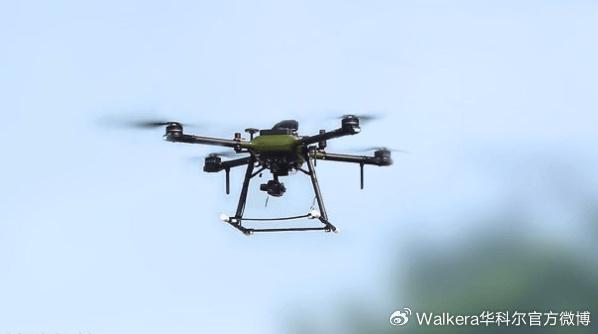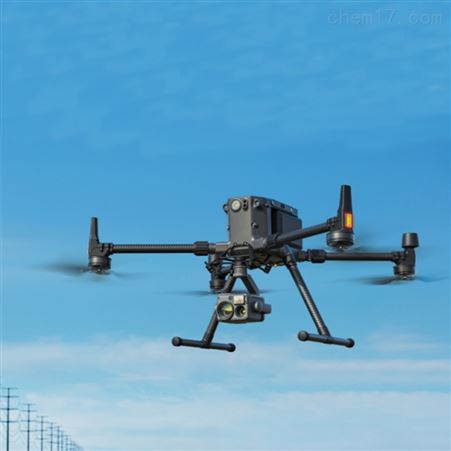New Jersey’s geographical position, nestled near urban hubs like New York City and Philadelphia, offers unique advantages and challenges for drone operators. The extensive airspace regulation frameworks ensure safe and responsible operations. The Federal Aviation Administration (FAA) has imposed guidelines to streamline and govern drone activities. It’s vital for operators to adhere to these rules to avoid legal complications and ensure safety. For instance, drones shouldn’t fly above 400 feet and must remain within the operator’s sight.
Applications of Drones in New Jersey
In NJ, drones find utility in several sectors. Agriculture benefits immensely, with drones assisting in crop monitoring and pesticide applications, resulting in higher efficiency and reduced costs. In the field of real estate, aerial footage captured by drones offers potential buyers stunning visuals of properties, enabling a comprehensive view that traditional photography can’t provide.
The entertainment industry, too, taps into drone technology for filming dynamic scenes without the need for helicopters, substantially cutting costs while enhancing production quality. In addition, drones have become pivotal in environmental conservation efforts. They help monitor wildlife, track changes in the ecosystem, and assist in disaster management.
Surveillance and Security

The surveillance capabilities of drones are profound. Law enforcement agencies use them for monitoring public events or conducting search and rescue operations. These unmanned aerial vehicles (UAVs) provide real-time data and visuals, significantly aiding in decision-making processes.
However, the rise of drones raises privacy concerns. Ensuring drones don’t infringe on personal spaces is paramount, necessitating comprehensive privacy regulations. Operators must be nimble in balancing surveillance capabilities with respecting individual rights, thereby fostering trust within communities.
Regulations and Safety Measures
Safety remains a cornerstone challenge. The FAA’s Part 107 rules dictate operational standards, but New Jersey imposes its own additional measures. Local regulations might include restrictions on drone flights over certain infrastructures or during specific hours to mitigate risks.
Drone insurance is becoming a necessity for operators to cover potential damages and liabilities. Those interested in integrating drones into their operations in New Jersey need to familiarize themselves with both federal and state laws to ensure compliance and safety.
Drone Technology Development
Drone technology continues to evolve rapidly. Developments like AI integration allow drones to operate autonomously, making them smarter and more adaptive to various tasks. Connectivity advancements, such as 5G, promise faster data transmission, expanding operational realms beyond current limitations. These technological strides propel the drone industry forward, with New Jersey standing as a significant participant in this revolution.
FAQ Section
What permits do I need to fly a drone in NJ?
You must comply with FAA regulations and potentially acquire state-specific permits, especially for commercial operations.
Are there areas in NJ where drones are prohibited?
Yes, drones are restricted from flying over certain areas, such as near airports or sensitive infrastructures. Checking local ordinances before flying is crucial.
How can drones impact privacy?
Drones can capture images and data, raising privacy concerns. Regulations help balance operational usage with privacy rights, ensuring responsible drone use.